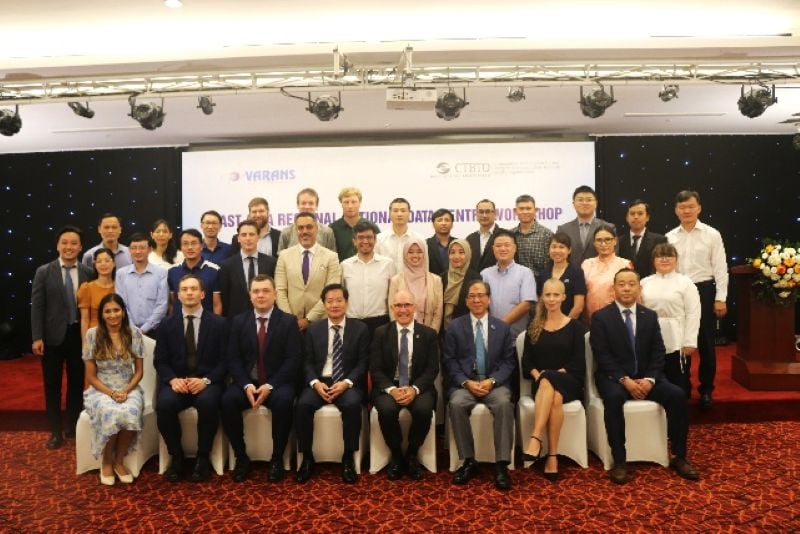
The workshop attracted the participation of experts from CTBTO, representatives of East Asian countries and relevant agencies of Vietnam, including the Institute of Nuclear Science and Technology, the Earthquake and Tsunami Warning Center and the Institute of Earth Sciences.
The purpose of the event is to support the Comprehensive Nuclear-Test-Ban Treaty (CTBT) member states in implementing the reporting mechanism and using data from the International Monitoring System (IMS) and the products of the International Data Center (IDC). The workshop also opens up opportunities for NDCs in the East Asia region to exchange experiences, share expertise and establish a strong cooperation network, contributing to promoting the entry into force of the CTBT, thereby contributing to international peace and security.
In his speech at the conference, Mr. Robert Floyd affirmed the important role of the Comprehensive Nuclear-Test-Ban Treaty in stopping the development of nuclear weapons, protecting the environment and human health. He also emphasized the importance of completely eliminating nuclear weapons by recalling the tragic event in Nagasaki.
In his opening remarks, Director of the Department of Nuclear Safety, Mr. Nguyen Hoang Linh, affirmed Vietnam's commitment to the CTBT. Vietnam signed the Treaty in 1996 and ratified it in 2006, demonstrating its strong commitment to the peaceful use of nuclear energy, ensuring nuclear security and complying with international commitments. Data from the CTBTO's IMS System has been effectively exploited by Vietnam's National Data Centers, supporting not only the monitoring of nuclear tests but also scientific research and warning of natural disasters such as tsunamis.
Mr. Nguyen Hoang Linh also appreciated the support of CTBTO through workshops, training courses and practical programs to help improve the professional capacity of the Department of Nuclear Safety officers, while creating opportunities to access new technology and international experience.
During the five-day workshop, CTBTO experts and participants discussed and simulated scenarios to improve the operational capabilities of the CTBT monitoring mechanism. NDCs implemented real-time decision-making processes, analyzed IMS data, integrated national data, and collaborated with other NDCs to refine the events, in order to draft technical recommendations for national authorities.
The CTBT is an international treaty adopted in 1996 that bans all nuclear weapons testing worldwide, regardless of whether they are for military or civilian purposes. The CTBT's goal is to stop the development and proliferation of nuclear weapons, promote disarmament, and protect international peace. However, the treaty has not yet entered into force because it has not been ratified by enough countries, including important countries such as the United States, China, India, and Pakistan.
The CTBTO is an international organization headquartered in Vienna, Austria, established to support the implementation of the CTBT. It operates more than 300 monitoring stations worldwide, using seismic, hydroacoustic, infrasound, and radiometric technology to detect nuclear tests. The CTBTO also supports emergency response, tsunami detection, and nuclear accident detection, and promotes ratification of the CTBT and provides monitoring data to member states.
Source: https://doanhnghiepvn.vn/cong-nghe/hoi-thao-khu-vuc-dong-a-ban-ve-trung-tam-du-lieu-quoc-gia/20250814100012216


![[Photo] The Government Standing Committee reviews the planning project of the Red River landscape avenue axis](https://vphoto.vietnam.vn/thumb/1200x675/vietnam/resource/IMAGE/2025/11/15/1763197032149_dsc-0163-jpg.webp)



![[Photo] Action for the Community tells stories of enduring journeys – both intimate and great, yet quiet and determined](https://vphoto.vietnam.vn/thumb/1200x675/vietnam/resource/IMAGE/2025/11/15/1763179022035_ai-dai-dieu-5828-jpg.webp)







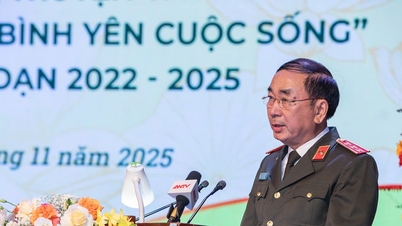



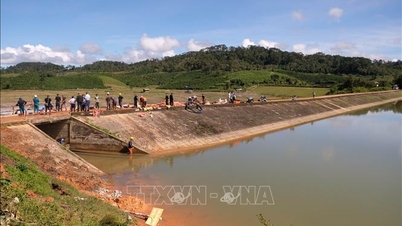












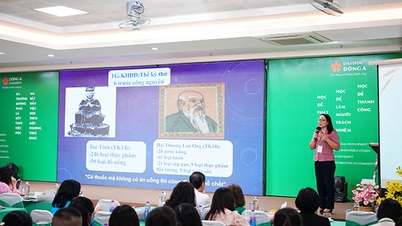


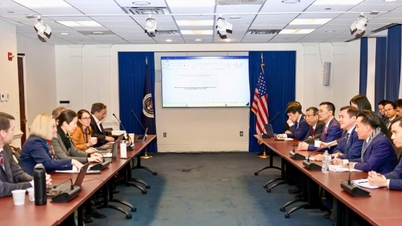






















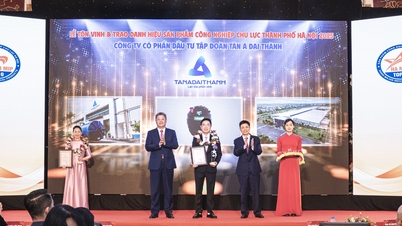























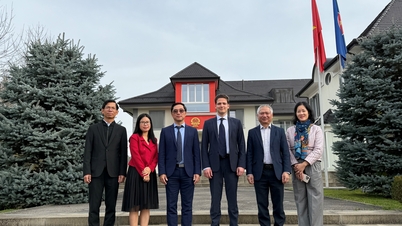

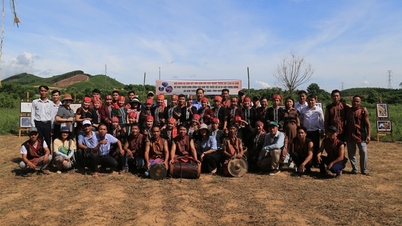

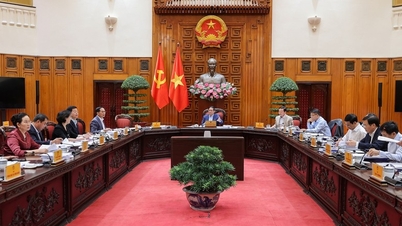


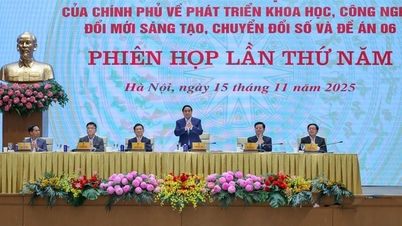
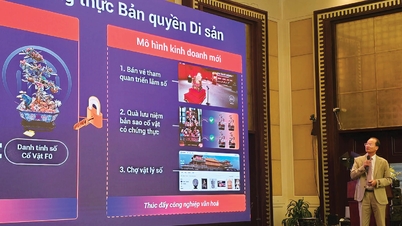





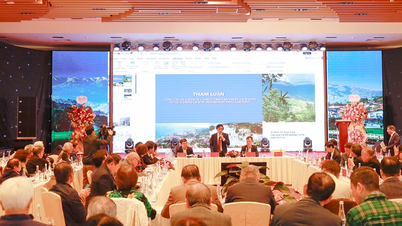














Comment (0)